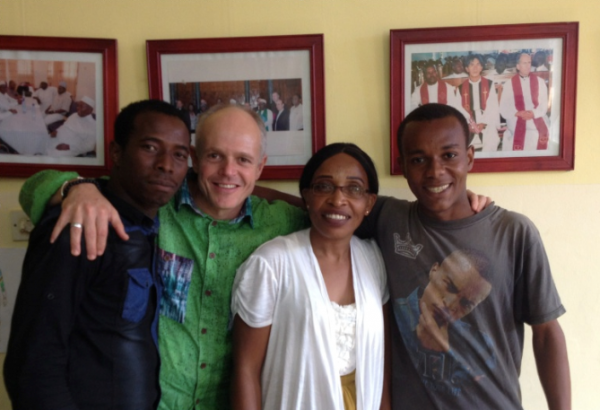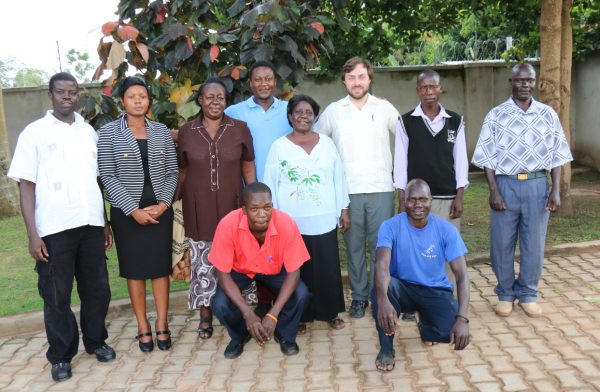The following is the first of three blogs written by members of the ACTION Support Centre and the Centre for Trust, Peace and Social Relations, Coventry University, in which they reflect on the early engagements of their research project funded by Making All Voices Count.
During Ramadan in 2012, a group of Christians travelled door to door in a Muslim community in Zanzibar, evangelizing. Tensions rose. A community member phoned the Mufti’s office, cautioning that people in the community were preparing to throw stones. The Mufti asked them to wait. He phoned the leaders of the Catholic, Anglican, and Lutheran Churches, who phoned their local congregations – none knew of any door-to-door evangelists from their own communities. They went to investigate and found a group of students who had travelled from Dar es Salaam. The local clergy informed them that their actions were insensitive, disrespectful, and harmful to the local community and the delicate peace in Zanzibar. The evangelists left. The local clergy apologised to the community for the insensitivity. Not a single stone was thrown.
The ACTION Support Centre (ASC) and Coventry University’s Centre for Trust, Peace, and Social Relations are partners in an 18-month research project, funded by Making All Voices Count titled ‘From Early Warning to Response in Preventing Violence: Transforming Conflict through Citizen Engagement’. The project’s local partners are: the Zanzibar Interfaith Centre (ZANZIC), People’s Voice for Peace (PVP) in Northern Uganda, and Local Peace Committees in South Africa’s Gauteng Province. We have been reflecting on initial visits to ZANZIC (September 2014) and PVP (October 2014), both partner organisations with whom the ASC has a longer term established relationship. The Making All Voices Count visits allow for a deeper engagement with local organisations and partners through focus groups, interviews, and workshops.
- What led to the prevention of violent conflict in the above episode during Ramadan 2012?
- What are the opportunities to continue such prevention in future? What are the challenges to the current efforts in Early Warning and Early Response?
- How does technology affect local contexts?
These are a few of the questions being explored in this project. In many societies affected by violence and social conflict, responses by decision-makers and authorities frequently occur only after the violence has surpassed critical levels or attracted sufficient external attention and criticism. Early warning in managing conflict dynamics before they turn overtly violent minimises the destructive effects and increases opportunities for conflicting parties to constructively engage and transform the conflict. Local communities have the most grounded understanding of contextual dynamics, conflict drivers and triggers, yet are often hampered by ineffective communication, social and political marginalisation, and mistrust. Events over the last few years vividly illustrate this ‘gap’: service delivery protests and xenophobic violence in South Africa, electoral violence in Kenya, social and political conflict in Uganda, and electoral strife and attacks in Zanzibar.
Our research is grounded in human relationships and interpersonal engagement, to provide insights into the intersections of technology and development. Through a conflict transformation process, we learn from our partners about opportunities and challenges for technological and communications innovations in warning-response systems. Our research aim is to provide grounded analysis and guidance to improve warning-response communications between engaged citizens on the ground and authorities with the potential to respond to citizen concerns.

